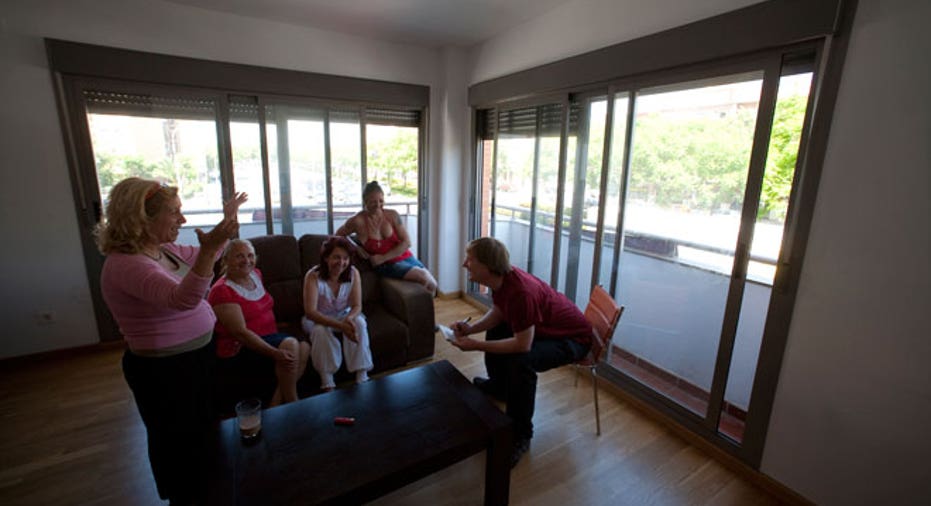How to Deduct Child and Dependent Care Expenses

You would think writing off the babysitter would be a straightforward topic with a simple set of rules. But we’re talking about the tax code, and the process is not simple or straightforward. There are many restrictions on who is eligible to receive a credit for child-care expenses, but if you meet the requirements you could enjoy a nice reduction in your tax liability.
The credit for child-care expenses is a percentage of the amount paid, and you can use $3,000 in expenses paid for one qualifying child or $6,000 in expenses for two or more qualifying dependents as a factor in the formula. The percentage is based on your adjusted gross income, and can range from 20%-35%.
Here are the basics to qualify for the deduction:
- You must be a working parent and have earned income. If your spouse brings home the bacon and you only need the nanny for personal reasons like going to the gym or social outings, then you are out of luck. The care must be necessary for work-related reasons for it to qualify for a deduction. Looking for work is accepted as work related, but you can’t take the credit for time away from the home for volunteer work. Social Security, retirement and pension distributions and worker’s comp benefits are not qualified as earned income. But disability pay in the form of wages is considered earned income and will qualify you for the credit.
- Your child must be under the age of 13 at the time you incur the expense. So if your child turns 13 on Aug. 7, you may claim expenses up to that day but not beyond. However, if your housekeeper looks after your two children and one of the kids is over the age of 13 you don’t lose the credit or have to allocate the expense, you just claim one qualifying child who is under the age of 13. The housekeeping duties are considered incidental and no allocation need apply to those expenses unless the housekeeper is there alone and the kids are in school – the primary purpose must be caring for the children.
- You may include expenses paid for non-business related expenses if incurred during a temporary absence from work for sickness, holiday, or vacation as long as it’s for less than two weeks.
- You can hire your own relatives to take care of kids, but the relative cannot be a spouse or parent of the child. The caregiver can also not be one of your other kids under the age of 19 or a dependent you claim on your tax return. Remember, in order to take the credit you must provide the Social Security number of the relative who provides the care. T he IRS will check to make sure the provider has reported the income.
- It’s not just your child who can qualify you for the credit. If your dependent is older than 13 – we’re talking not just an older child but perhaps your mother, father, sister, or even your spouse – who cannot physically care for himself or herself and lived with you for more than half the year, you will be entitled to the credit. In fact, the person doesn’t necessarily have to be your dependent. If they would otherwise have qualified as your dependent except that perhaps they made more than $3,700 in gross income or filed a joint return or were claimed as a dependent by another, you would still qualify for the credit.
- The cost of an overnight camp is not a qualified expense. But expenses for pre-school or nursery school qualify as child care. But once the kids hit kindergarten, those tuition fees no longer qualify.
For more information on this topic check out Child and Dependent Care Credit on the IRS website.
Bonnie Lee is an Enrolled Agent admitted to practice and representing taxpayers in all fifty states at all levels within the Internal Revenue Service. She is the owner of Taxpertise in Sonoma, CA and the author of Entrepreneur Press book, “Taxpertise, The Complete Book of Dirty Little Secrets and Hidden Deductions for Small Business that the IRS Doesn't Want You to Know.” Follow Bonnie Lee on Twitter at BLTaxpertise and at Facebook.



















